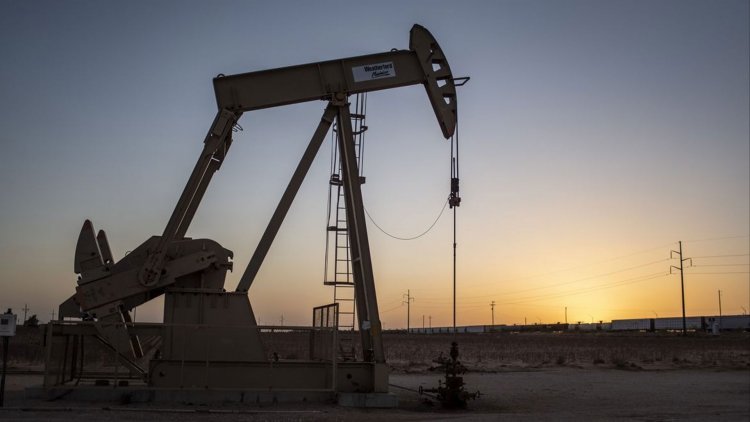Oil has dropped 9% in two days due to supply fears, with Brent trading below $79/bbl
A spike in Covid-19 cases across China has clouded the near-term demand forecast, overshadowing hopes that commodity consumption in the world's largest importer will eventually recover.

Oil gained after broader market gains after falling roughly 9% in two sessions, with demand concerns lingering.
West Texas Intermediate futures rose beyond $73 per barrel after the worst two-day drop since March. A spike in Covid-19 cases across China has clouded the near-term demand forecast, overshadowing hopes that commodity consumption in the world's largest importer will eventually recover.
The bleak start to the year has been exacerbated by low liquidity, leaving oil futures vulnerable to large price movements. Investors are also considering the cautious commentary from the Federal Reserve meeting last month, which reaffirmed the Fed's commitment to lowering inflation without significantly weakening the economy.
"Warning indications of a worldwide recession, China's sluggish recovery with rising Covid-19 cases, and lowered risk sentiment are all triggers holding oil prices in check," said Jun Rong Yeap, a market strategist for IG Asia Pte.
Oil spreads indicate sufficient supply in the near term. The spread between the WTI prompt and second-month contracts, as well as the global benchmark Brent, is unfavourable. Despite the fact that sanctions imposed following Russia's war in Ukraine have limited Russian crude exports.
According to persons familiar with the numbers, the industry-funded American Petroleum Institute stated last week that US commercial crude stockpiles increased by 3.3 million barrels. Gasoline inventories rose as well, but supplies of distillates, which include diesel, fell.




 admin
admin 




















